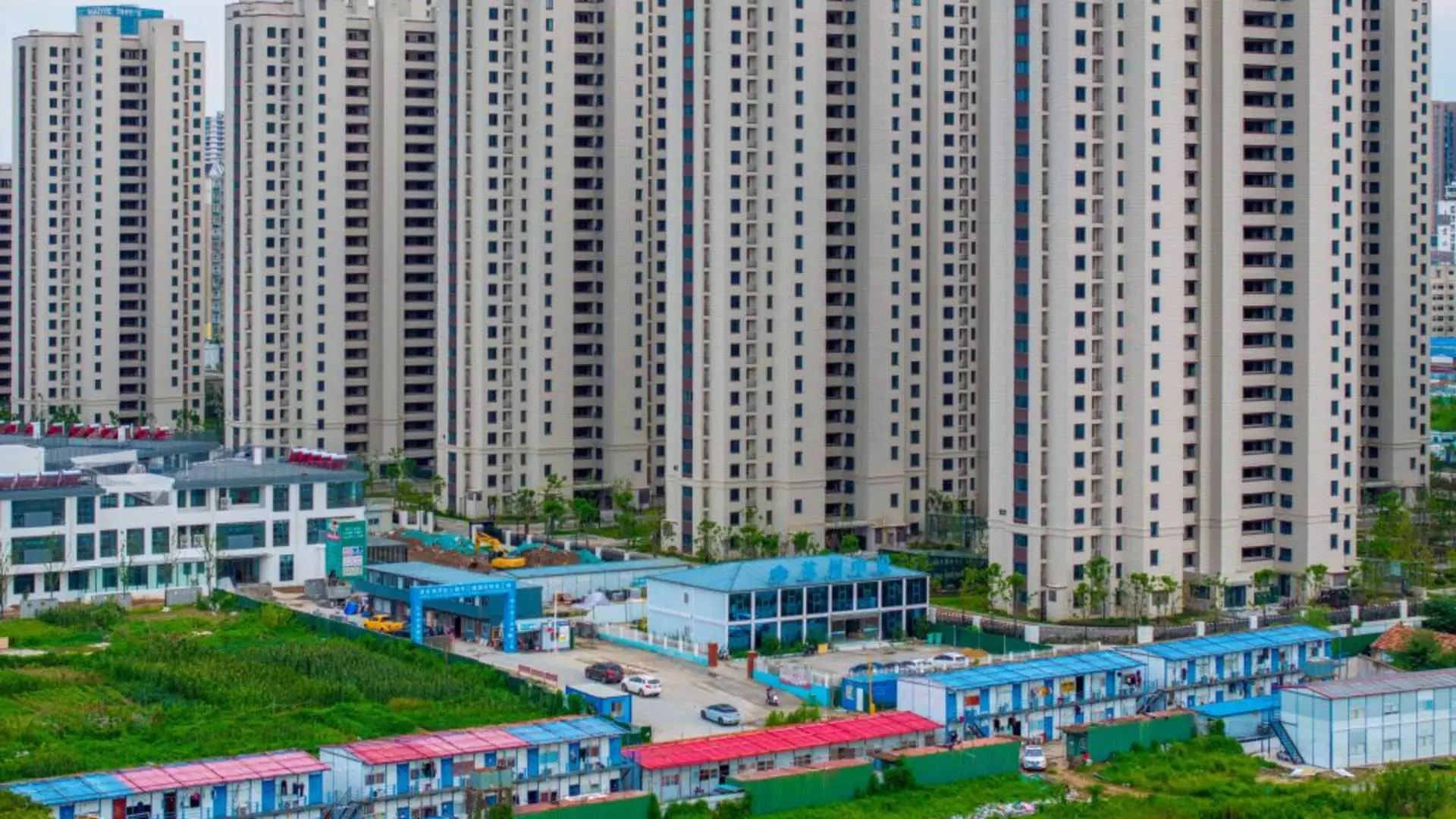In response to increasing trade tensions with the United States and other nations, Chinese officials have emphasized the importance of focusing on domestic affairs. Han Wenxiu, deputy director at the Chinese Communist Party’s central committee office for financial and economic affairs, highlighted three key areas of focus: the stable and healthy development of the real estate market, the accelerated development of “emerging and future industries,” and the expansion of domestic demand, particularly consumption. This emphasis on internal stability and growth reflects Chinese President Xi Jinping’s call for the country to “do your own thing well” and concentrate on its own affairs. Despite external uncertainties, China remains committed to deepening reforms and expanding its economy.
The escalating trade tensions between the U.S. and China, particularly under former U.S. President Donald Trump, have added pressure to China’s economic growth. Threats of tariffs on Chinese goods and increased tariffs on Chinese electric cars by the Biden administration have created additional challenges for China’s export-driven economy. However, Chinese officials, such as Mu Hong, the deputy director of the Party’s central committee office for “Comprehensively Deepening Reform,” remain confident in China’s commitment to reform and opening up. While external uncertainties have impacted factors such as foreign direct investment, China is focused on maintaining its economic targets and addressing the effects of trade tensions.
With China’s economic growth slowing down, there is a growing recognition of the need for strategic responses to boost the economy. While exports have traditionally been a key growth driver, factors such as a real estate slump and declining consumption have weighed on economic performance. The Chinese government is working on absorbing existing housing inventory, optimizing new construction, and stimulating residential sales. Despite challenges in the real estate sector, efforts to advance technology and innovation are ongoing to offset the impact of slower sectors on the economy.
China’s approach to economic development has been shaped by policies of reform and opening up over the last four decades. These policies have gradually opened up the economy to foreign investment and private capital, leading to significant economic growth. However, as China faces new challenges and uncertainties, there is a need to reassess and reform economic policies. The focus on improving the macroeconomic governance system and integrating urban and rural development reflects China’s efforts to adapt to changing economic landscapes and strengthen its economic foundation.
China’s response to rising trade tensions and economic challenges involves a strategic focus on its domestic affairs. By prioritizing stability, growth, and reform, Chinese officials are working to ensure the resilience and sustainability of the national economy. While external pressures may continue to pose challenges, China’s commitment to “doing its own thing well” and pursuing economic development remains a central priority. As China navigates through uncertainties and reforms its economic strategies, the country’s resilience and adaptability will be critical in shaping its future economic landscape.

